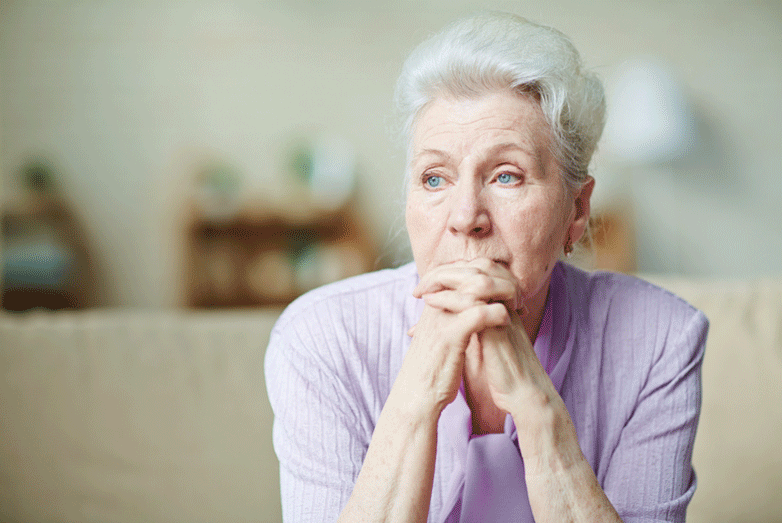Elder abuse is defined as any action that harms an older person; it comes in all shapes and sizes, from physical abuse to financial exploitation. The scary thing is elder abuse is happening in far greater numbers than you likely assume. Here are the facts…
1 in 10 Americans over 60-years-old has experienced some form of abuse. In 2000, there were a total of 472,813 cases of elder abuse reported around the US. That may seem high, which is why it’s scary to report that one study found only 1 in 14 cases of abuse are reported.
The most common form of elder abuse is financial exploitation, followed by physical abuse, neglect and emotional abuse.
Some are more susceptible to abuse, for instance if they suffer from social isolation or mental impairment from common diseases like Alzheimer’s. Around half of all adults with dementia experience abuse at some point.
Elder people who suffer abuse are 300% more likely to die than elderly people treated well.
Elder women are at the greatest risk for abuse, as is anyone over 80-years-old.
Financial exploitation against the elderly is largely underreported, but according to what we do know it costs elder Americans around $2.9 billion dollars every single year.
Family members are responsible for 90% of all elder abuse, 2/3 of which are adult children or a spouse.
Sadly, most victims are dependent upon their abuser for most of their needs.
How To Help Prevent Elder Abuse
There are certain things you can do to help prevent your loved one from becoming a victim of elder abuse. The most important thing of all is to know the warning signs and act as soon as you see them.
Warning signs of elder abuse include:
-Physical evidence of abuse or neglect, such as bruises, drastic weight loss, broken bones and so forth.
-No longer interested in things they used to enjoy, displaying signs of depression.
-Strained or tense relationship between the caretaker and the patient.
-Sudden changes in financial statements or spending habits.
-Bedsores, poor hygiene or ignored medical needs are all signs of neglect.
-Their caretaker is very controlling over where they go and whom they talk to.
-Their caregiver is using threats, intimidation or other control tactics.
-Run background checks on all caregivers you hire.
-Do not give caregivers direct access to your loved one’s personal information, bank accounts, etc. Consider providing him or her with cash instead of a card to prevent them from making personal charges to your loved one’s account.
-Talk to your loved one about important ways to avoid abuse, such as reviewing their will periodically and refusing to give any personal information over the phone.
Healthcare Fraud and Abuse
The doctors and nurses you trust to look after your loved one are only human, meaning there’s always the risk someone slimy is posing as a caring caretaker. Look out for any overcharges, double billing or anything that doesn’t seem right.
Make sure your loved one isn’t under or overmedicated. Doctors get kickbacks for prescribing certain medications which may prompt them to create prescriptions based upon what’s best for their bank account, not your loved one’s health.
How To Report Elder Abuse
All states have some type of criminal penalties against anyone that abuses an elderly person. If you think your loved one is being mistreated you need to document as much evidence as you can and then report it. It is becoming increasingly common for law enforcement to receive specialized training in regards to pinpointing and stopping elder abuse. As a result, more and more abusers are being put to justice.
If your loved one is in immediate danger and needs help right away, call 911. You may also contact your local Adult Protective Services office, police department or Long-Term Care Ombudsman.
Non-Emergency Medical Transportation You Can Always Rely On
You can never be too careful when it comes to protecting those you love. At least you know when you hire Stellar Transportation that your loved one is getting the highest quality care. All of our drivers undergo senior sensitivity training in order to provide a ride your loved doesn’t only feel comfortable and confident about, but that they enjoy as well.

